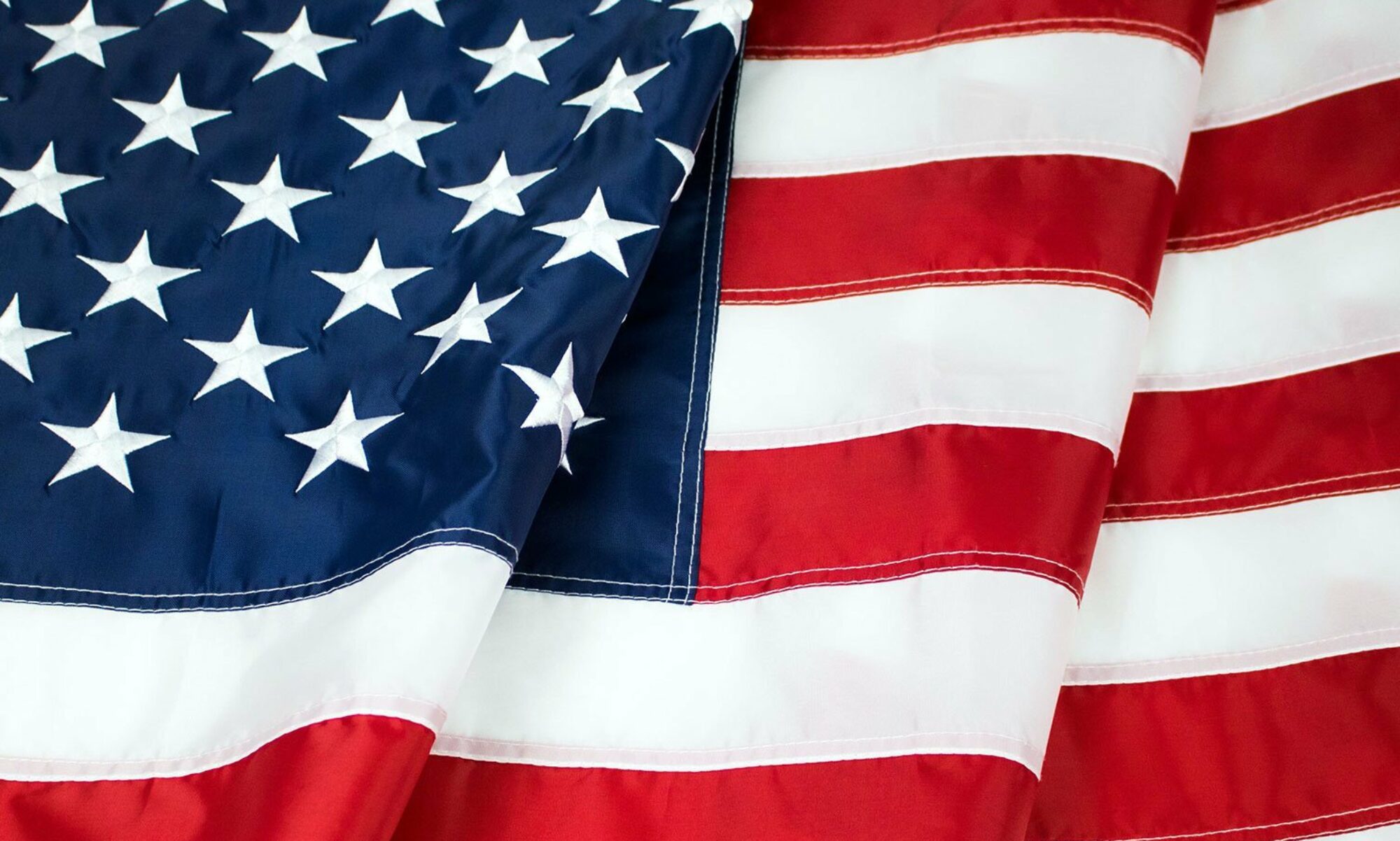“Life is never easy. There is work to be done and obligations to be met — obligations to truth, to justice, and to liberty.”
President John F. Kennedy
The world economy is strange. It is a diplomatic minefield as countries try to posture the best deal for their citizens to succeed in the international business world. This of course brings up corporations, commodities, and individual rights to act as free agents in the global economy. Do we support free trade? Do we support partial free trade? Maybe we should go with protectionism?
Why do I have to pick an already existing form of trade? Why not take the best of each form and create a truly balanced form of trade? I believe that in a world where we can trust each other free trade works. However, what do we do when we can’t trust a country to have a free trade agreement (FTA)? I propose forms of protectionism and balanced trade as proposed once by Warren Buffet. We cannot allow ourselves to be bullied or taken advantage of by any other country. Countries that refuse or cannot be trusted with an FTA will either not have access to trade with the United States or will have a self-negotiated deal designed to shrink trade deficits and impose tariffs that are equitable. This will create a balanced agreement that both parties can find protection in moving in the future. As trust is built tariffs can be reduced overtime so that an FTA can be reached.
What about hurting sectors of the economy? How do we help those sectors if we don’t use tariffs on imports? A free market does not impose overregulation. We should reduce unnecessary regulation so that the market is more equitable in competing. An industrial policy should only be integrated with trade policies on a case by case basis and only in extreme circumstances.
With FTA how do we keep American businesses from leaving the country, offshoring? By creating three flat tax brackets: A standard business tax which will be the minimum tax a business must pay, a foreign operation tax, and a foreign supply tax.
Standard Business Tax
1. All business will begin at a minimum tax bracket on their profit, there will be no tax deductions below this flat percentage. This tax will be imposed on an business that operates on or in US Soil.
Foreign Operation Tax
2. Any business that operates a foreign headquarters, factory, or employee will have an additional flat percentage added on top of their Standard Business Tax. This tax however can be offset by creating jobs within the United States. This tax will only be offset if the number of jobs created in the United States is equal to the amount of foreign based jobs. This tax is designed to bolster and offset any economic loss that a company might try to circumvent by relocating from US soil or an attempt to offshore jobs. This tax acts as a form of protectionism for the US Economy.
Foreign Supply Tax
3. This tax is designed to bolster the local economy and industries. If you are a company that is buying your supplies to build a product and then sell to or in the United States you will receive an additional flat tax. If you buy your supplies from United States businesses to build your product this tax will not apply. This tax acts as form of industrial policy so that not industrial tariffs will be necessary.


